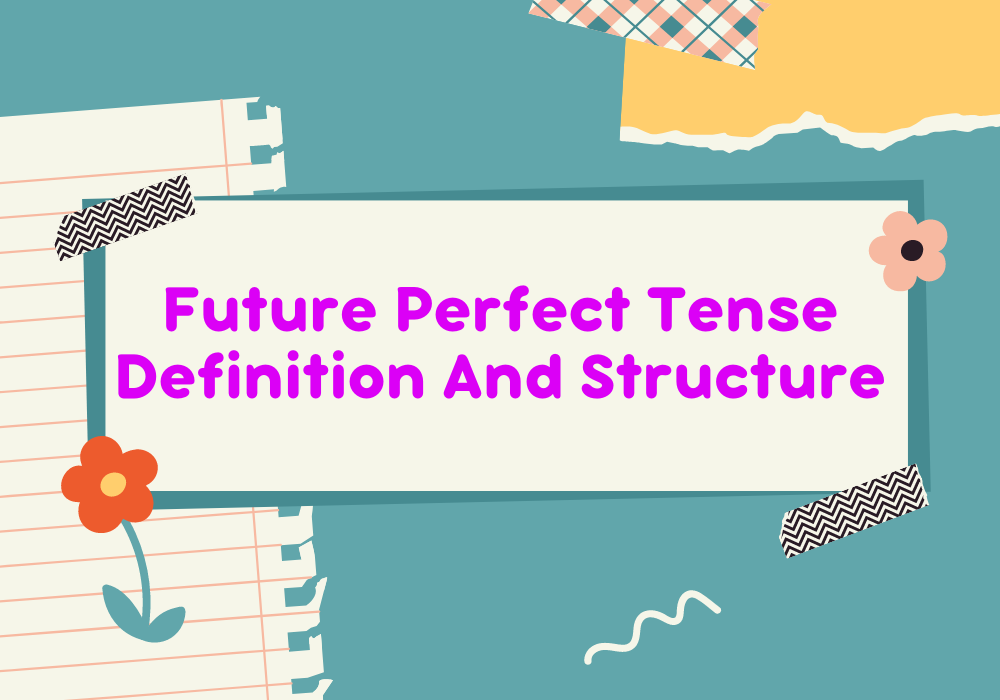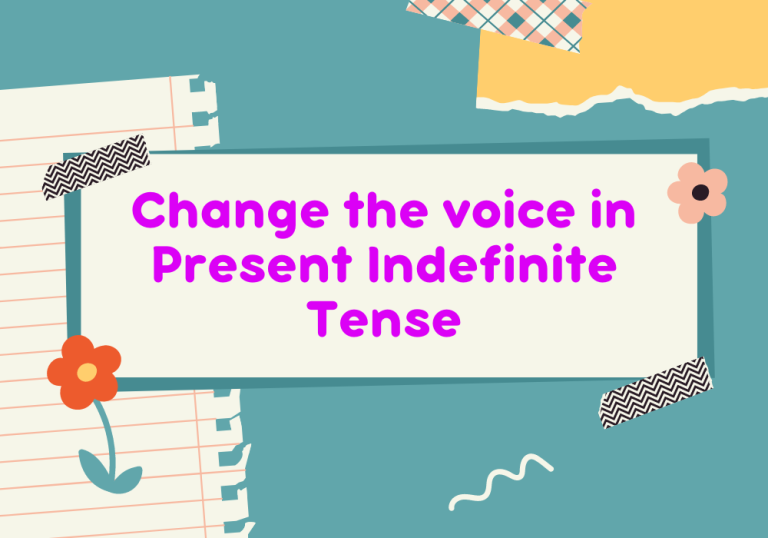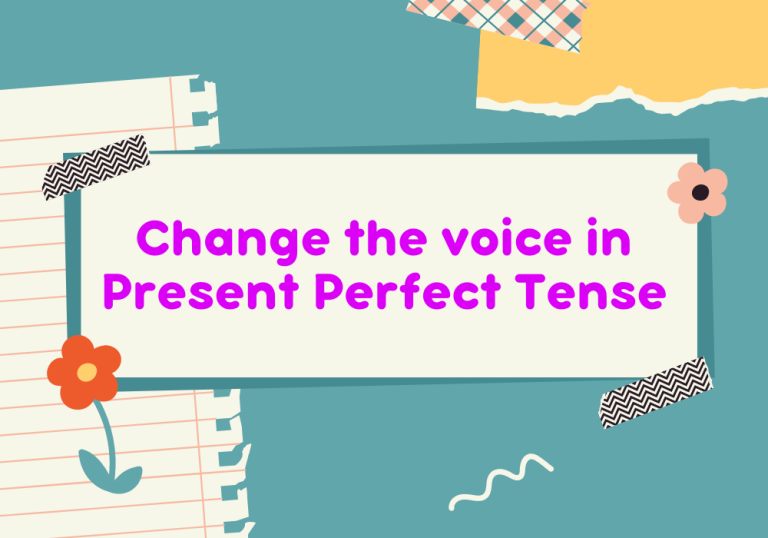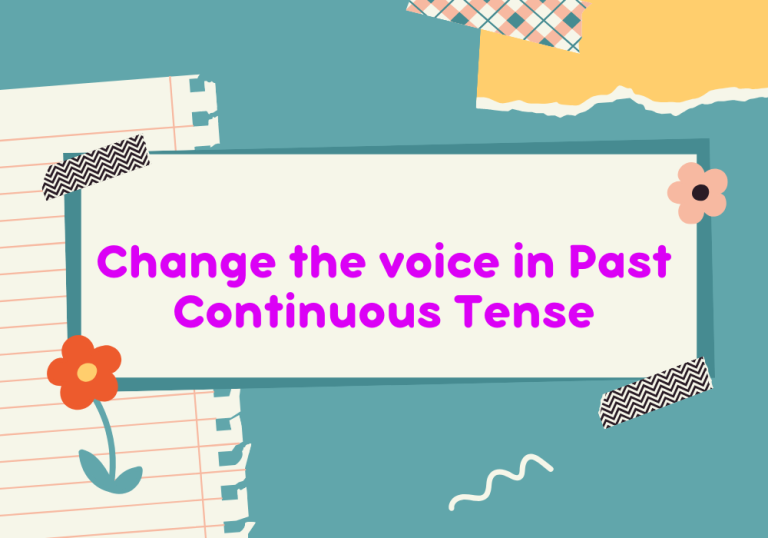The Future Perfect Tense defines the action which will be completed a task at a specific time in the future. Besides, it refers to an action or state that will finish sometime in the future before some other event in the future.
Three types of verbs are used in Future Perfect Tense.
- Future form of Auxiliary Verb (shall/will) + have.
- Past Participle form of the main verb.
Structure 1:
Positive & Negative Form:
Subject + shall/will + have + Past participle form of verb + Remaining Part of the sentence (If have).
Example 1:
- We will have done the work before the authority come.
- He will have built the shed by Sunday.
To compare the sentence according to the structure,
Subject= We (First Sentence), He (Second Sentence)
shall/will + have + past participle form of verb = will have done (First Sentence), will have built (Second Sentence)
Remaining Part of the sentence= the work before the authority come. (First Sentence), the shed by Sunday. (Second Sentence)
Example 2:
- They will not have taken this project when the authority comes.
- Salam will not have walked by nine o’ clock.
To compare the sentence according to the structure,
Subject= They (First Sentence), Salam (Second Sentence)
(shall/will) not + have + past participle form of verb = will not have taken (First Sentence), will not have walked (Second Sentence)
Remaining Part of the sentence= this project yet when the authority comes. (First Sentence), by nine o’ clock (Second Sentence)
Structure 2:
Question Form (Yes/No Question)
Shall/Will/Shall not/Will not + subject + have + past participle form of the main verb + Remaining Part of the sentence (If have)?
Example 1:
- Will I have done this project before they check?
- Will they have completed this work after receiving approval?
To compare the two sentences according to the structure,
Shall/Will = Will
Subject + have + past participle form of the main verb = you have done (First Sentence), they have completed (Second Sentence)
Remaining Part of the sentence= before they check? (First Sentence), after receiving approval? (Second Sentence)
Example 2:
- Will not I have done this work before they come ?
- Will not they have worked before the authority visit?
To compare the two sentences according to the structure,
Shall/Will/Shall not/Will not = Will not (First Sentence), Will not (Second Sentence)
subject + have + past participle form of the main verb = I have done (First Sentence), they have worked (Second Sentence)
Remaining Part of the sentence= before come? (First Sentence), before the authority visit? (Second Sentence)
Structure 3:
Question Form (Wh Question)
Wh Word ( What/Who/How/Which etc.) + shall/will/shall not/will not + subject + have + past participle form of the main verb + Remaining Part of the sentence (If have)?
Example 1:
- Why will you have left early?
- What will he have taken in the morning?
To compare the two sentences according to the structure,
Wh word (What/Who/How/Which etc.) = Why (First Sentence), What (Second Sentence)
shall/will = will (First Sentence), will (Second Sentence)
have + past participle form of the main verb = you have left (First Sentence), he have taken (Second Sentence)
Remaining Part of the sentence= early? (First Sentence), in the morning? (Second Sentence)
Example 2: Why will not they have allowed it on next submission?
Why will not he have done this early?
To compare the two sentences according to the structure,
Wh word (What/Who/How/Which etc.) = Why (First & Second Sentence)
shall/will/shall not/will not = will not (First Sentence), will not (Second Sentence)
subject + have + past participle form of the main verb = they have allowed (First Sentence), he have done (Second Sentence)
Remaining Part of the sentence= it on next submission? (First Sentence), this early? (Second Sentence)
Structure 4:
Question Form (Wh Question)
Wh Word ( What/Who/How/Which etc.) + shall have/will have/shall not have/will not have + Past Participle form of verb + Remaining Part of the sentence (If have)?
Example 1:
- Who will have performed this on next event?
To compare the sentence according to the structure,
Wh word (What/Who/How/Which etc.) = Who
shall have/will have + Past Participle form of verb = will have performed
Remaining Part of the sentence= on this next event?
Example 2:
- Who will not have got this opportunity on next event?
To compare the sentence according to the structure,
Wh word (What/Who/How/Which etc.) = Who
shall not have/will not have + Past Participle form of verb = will not have got
Remaining Part of the sentence= this opportunity on next event?
Structure 5:
Question Form (Wh Question)
Wh Word ( What/Who/How/Which etc.)+ Noun + have/has/haven’t/hasn’t + Subject + Past Participle form of Verb + Remaining Part of the sentence (if have)?
(Note: Has is used for third person singular such as he, she, it, someone name)
Example 1:
- Which topics have you selected for presentation?
- Which cloths has he picked for photoshoot?
To compare the two sentences according to the structure,
Wh word (What/Who/How/Which etc.) + Noun = Which topics (First Sentence), Which cloths (Second Sentence)
have/has + Subject + Past Participle form of Verb = have you selected (First Sentence), has he picked (Second Sentence)
Remaining Part of the sentence= for presentation? (First Sentence), for photoshoot? (Second Sentence)
Example 2:
- Which foods haven’t you taken in ballroom?
- Which gadgets hasn’t he decided to buy in this shop?
To compare the two sentences according to the structure,
Wh word (What/Who/How/Which etc.) + noun = Which foods (First Sentence), Which gadgets (Second Sentence)
haven’t/hasn’t + Subject + Past Participle form of Verb = haven’t you taken (First Sentence), hasn’t he decided (Second Sentence)
Remaining Part of the sentence= in ballroom? (First Sentence), in this shop? (Second Sentence)
Structure 6:
Question Form (Wh Question)
Wh Word ( What/Who/How/Which etc.)+ Noun + Preposition + Noun + have/has/haven’t/hasn’t + Subject + Past participle form of Verb + Remaining Part of the sentence (if have)?
(Note: Has is used for third person singular such as he, she, it, someone name)
Example 1:
- What kinds of birds have you liked to see?
- Which types of foods has he liked to eat?
To compare the two sentences according to the structure,
Wh word (What/Who/How/Which etc.) + Noun + Preposition + Noun = Which kinds of birds (First Sentence), Which types of foods (Second Sentence)
have/has= have (First Sentence), has (Second Sentence)
Subject + Past Participle Form of Verb = you liked (First Sentence), he liked (Second Sentence)
Remaining Part of the sentence= to see? (First Sentence), to eat? (Second Sentence).
Example 2:
- Which types of products haven’t you found in the shop yet?
- Which types of gadgets hasn’t he stored in this shop yet?
To compare the two sentences according to the structure,
Wh word (What/Who/How/Which etc.) + noun + preposition + noun = Which types of products(First Sentence), Which types of gadgets (Second Sentence)
haven’t/hasn’t= haven’t (First Sentence), hasn’t (Second Sentence)
Subject + Past participle Form of Verb = you found (First Sentence), he stored (Second Sentence)
Remaining Part of the sentence= in the shop yet? (First Sentence), in this shop yet? (Second Sentence)
In conclusion, the present perfect tense is a versatile and commonly used grammatical structure in English. Its application extends to various contexts, such as describing life experiences, achievements, or changes that have occurred over a period leading up to the present. Additionally, the present perfect is frequently employed when discussing actions that happened at an unspecified time in the past or when the exact timing is not crucial to the message.
Understanding the nuances of the present perfect tense is essential for effective communication, as it allows speakers and writers to convey a sense of connection between past actions and their current implications.



